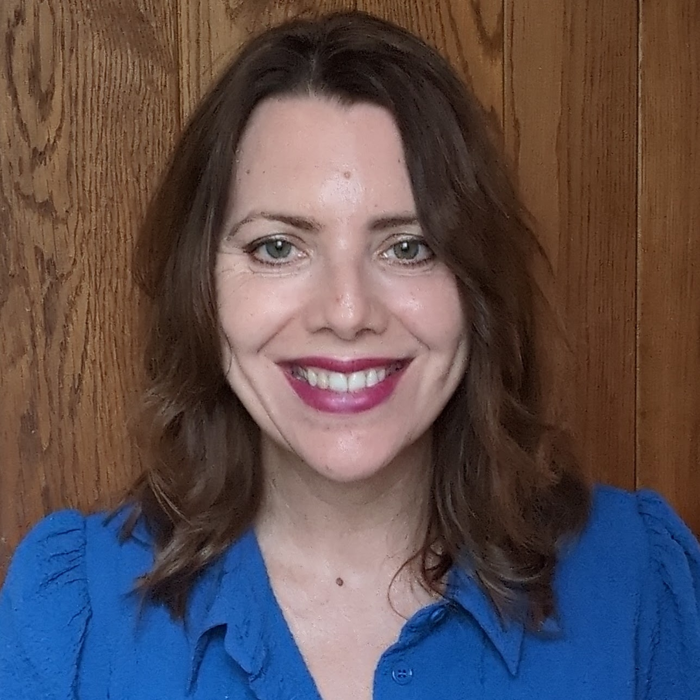For the Voice Professional - Introduction To Open Source Qualitative and Quantitative Research Tools
Wednesday 13th August 2025, 2:00 PM - 4:00 PM (London Time)
Open-source research tools are becoming increasingly vital in today’s landscape, offering accessible, transparent and cost-effective alternatives to proprietary software. For voice professionals such as singers, teachers, therapists and performers, this opens up valuable new ways to engage with research and evidence-informed practice.
In this short course, join Joshua Lee-Cummins and Dr David Cane for an introduction to two powerful open-source tools: Taguette for qualitative coding and Jamovi for quantitative analysis. You will also be introduced to essential research concepts such as qualitative and quantitative coding, and gain a foundational understanding of key terms like p-values, validity and reliability.
You will see how even simple experiments can produce meaningful, measurable outcomes, giving you confidence to use research in your own practice, whether in lessons, clinics or rehearsal rooms.
Finally, the course will position these tools within the broader ecosystem of research platforms, helping you understand your options without being overwhelmed by complexity or cost.
No prior research experience is needed, just a curiosity about how structured inquiry can support and elevate your work with the voice.
🏷️ Price £30 (UK VAT inclusive)
🎥 Recording automatically sent to all who book (even if you cannot attend live)
▶️ Rewatch as many times as you like
📜 Certificate of attendance available
Dr David Cane
David is a lecturer, researcher, singer, singing teacher and choir director. He is a former choral scholar of King’s College, Cambridge where he studied for a degree in Theology and Religious Studies.
Joshua Lee-Cummins
Joshua is a singer, multi-instrumental musician and PhD candidate in Creative Music Practice at the University of Edinburgh.

Attend this course for as little as £22 as part of the Voice Professional Training CPD Award Scheme.
Learn MoreSorry, this is an archived short course...
We have plenty of upcoming short courses coming soon. See details of some of them below or look at the full list of short courses.

Tuesday 13th January 2026
5:00 PM - 6:30 PM
Tuesday 20th January 2026
5:00 PM - 6:30 PM
Tuesday 27th January 2026
5:00 PM - 6:30 PM
Tuesday 3rd February 2026
5:00 PM - 6:30 PM
Tuesday 10th February 2026
5:00 PM - 6:30 PM
(London Time)
Introduction to Postgraduate Academic Skills - Join Live!

Debbie Winter
Are you ready to elevate your academic journey? Hosted by our very own Debbie Winter, join our comprehensive Introduction to Academic Skills course, designed to equip you with essential tools and strategies for success in higher education. Perfect for bridging the gap between undergraduate and postgraduate study, this course offers a pathway to our full MA for students without an existing degree. We offer both live, interactive sessions and standalone, pre-recorded content.

Thursday 15th January 2026
5:00 PM - 7:00 PM
Thursday 22nd January 2026
5:00 PM - 7:00 PM
Thursday 29th January 2026
5:00 PM - 7:00 PM
Thursday 5th February 2026
5:00 PM - 7:00 PM
Thursday 12th February 2026
5:00 PM - 7:00 PM
(London Time)
Trauma-Sensitive Voice Professional Certificate with Dr Elisa Monti

Dr Elisa Monti
Updated for 2026, this five-part certificate course is designed to help participants learn the theory and practice of trauma-sensitive approaches. The concepts and activities included are tailored to meet the needs of voice specialists who want to acquire more specific tools to navigate the space with their students and colleagues.

Monday 9th February 2026
5:00 PM - 7:00 PM
(London Time)
Certificate in Applied Voice Pedagogy with Adam Roberts

Adam Roberts
Spring Immersive - live and interactive learning! This 12-week online programme is designed for voice professionals committed to deepening applied voice pedagogy skills and advancing professional practice. The course offers a rich environment to reflect on your teaching philosophy and develop applied pedagogical techniques. It is ideal for voice teachers, coaches, therapists, and performers seeking to bridge foundational knowledge with practical, student-centered applications.

